“Meaningless! Meaningless!” says the Teacher. “Utterly meaningless! Everything is meaningless.”
What does man gain from all his labor at which he toils under the sun? Generations come and generations go, but the earth remains forever. The sun rises and the sun sets, and hurries back to where it rises. The wind blows to the south and turns to the north; round and round it goes, ever returning on its course. All streams flow into the sea, yet the sea is never full. To the place the streams come from, there they return again.
All things are wearisome, more than one can say. The eye never has enough of seeing, nor the ear its fill of hearing. What has been will be again, what has done will be done again; there is nothing new under the sun…. There is no remembrance of men of old, and even those who are yet to come will not be remembered by those who follow…
I thought in my heart, “Come now, I will test you with pleasure to find out what is good.” But that also proved to be meaningless. “Laughter,” I said, “is foolish. And what does pleasure accomplish?” I tried cheering myself with wine, and embracing folly – my mind was still guiding me with wisdom. I wanted to see what was worthwhile for men to do under heaven during the few days of their lives.
I undertook great projects: I built houses for myself and planted vineyards. I made gardens and parks and planted all kinds of fruit trees in them. I made reservoirs to water groves of flourishing trees… I amassed silver and gold for myself, and the treasure of kings and provinces… I denied myself nothing my eyes desired; I refused my heart no pleasure. My heart took delight in all my work, and this was the reward for all my labor. Yet when I surveyed all that my hands had done and what I had toiled to achieve, everything was meaningless, a chasing after the wind; nothing was gained under the sun.
Then I turned my thoughts to consider wisdom, and also madness and folly… I saw that wisdom is better than folly, just as light is better than darkness… but I came to realize that the same fate overtakes them both… For the wise man, like the fool, will not be long remembered; in the days to come both will be forgotten. Like the fool, the wise man too must die!
So I hated life… I hated all the things I had toiled for under the sun, because I must leave them to the one who comes after me. And who knows whether he will be a wise man or a fool? Yet he will have control over all the work into which I have poured my effort and skill under the sun. This too is meaningless. So my heart began to despair over all my toilsome labor under the sun. For a man may do his work with wisdom, knowledge and skill, and then he must leave all he owns to someone who has not worked for it. This too is meaningless and a great misfortune… a chasing after the wind.
I also thought, “As for men, God tests them so that they may see that they are like the animals. Man’s fate is like that of the animals; the same fate awaits them both. As one dies, so dies the other. All have the same breath; man has no advantage over the animal. Everything is meaningless. All go to the same place; all come form dust, and to dust all return. Who knows if the spirit of man rises upward and if the spirit of the animal goes down into the earth?” So I saw that there is nothing better for a man than to enjoy his work, because that is his lot. For who can bring him to see what will happen after him?
Again I looked and saw all the oppression that was taking place under the sun: I saw the tears of the oppressed – and they have no comforter; power was on the side of their oppressors – and they (too) have no comforter. And I declared that the dead, who had already died , are happier than the living, who are still alive. But better than both is he who has not yet been, who has not seen the evil that is done under the sun.
If you see the poor oppressed in a district, and justice and rights denied, do not be surprised at such things; for one official is eyed by a higher one, and over them both are others higher still. The increase from the land is taken by all; the king himself profits from the fields. Whoever loves money never has money enough; whoever loves wealth is never satisfied with his income. This too is meaningless.
As goods increase, so do those who consume them. And what benefit are they to the owner except to feast his eyes on them? The sleep of a laborer is sweet, whether he eats little or much, but the abundance of a rich man permits him no sleep... Naked a man comes from his mother’s womb, and as he comes so he departs. He takes nothing from his labor that he can carry in his hand. This too is a grievous evil…
So I reflected on all this and concluded that the righteous and the wise and what they do are in God’s hands, but no man knows whether love or hate awaits him. All share a common destiny – the righteous and the wicked, the good and the bad, the clean and the unclean, those who offer sacrifices and those who do not… This is the evil under the sun: The same destiny overtakes all.
Go, eat your food with gladness, and drink your wine with a joyful heart, for it is now that God favor what you do… Whatever your hand finds to do, do it with all your might, for in the grave, where you are going, there is neither working nor planning nor knowledge nor wisdom.
“Meaningless! Meaningless!” says the Teacher. “Everything is meaningless!”
The above could quite easily be my words, but they are not. Believe it or not they come from the OLD TESTAMENT of the Christian Bible!!! They come from the BOOK OF ECCLESIASTES, by paragraph: Ecclesiastes 1:2-11; Ecclesiastes 2:1-3; Ecclesiastes 2:4-11; Ecclesiastes 2: 13-26; Ecclesiastes 3:18-22; Ecclesiastes 4:1-3; Ecclesiastes 5:8-16; Ecclesiastes 9:1-3; Ecclesiastes 9:7-11; Ecclesiastes 11:5; Ecclesiastes 12:8.
In times that I feel a little down about life, times where I’m exhausted, times that I see myself using chocolate, coffee or alcohol to give me little highs, times when I feel confused, lacking motivation, or fed-up with the projects I’m working on… Ecclesiastes captures the thoughts I am thinking: WHAT IS THE POINT OF IT ALL? Maybe I am a reincarnate of this old depressed soul…
While they don’t know when or by who the book of Ecclesiastes was written, (their wild guess is King Solomon, which could very well be true but no one really knows), it is pretty clear that it was written by a man who had everything yet felt empty, a man who is bitter about life, who is has been hurt by a woman (or women), and who doesn’t want to get old and die but knows this time is approaching. I guess maybe we can or will all relate, at one stage or another, to the lack of satisfaction that comes from consumption, materialism, love, and the unavoidable death that awaits us.
Ecclesiastes is not a long book – all of ten pages long – and I think it’s a worthwhile read. If you do, then maybe you will notice what I did – a few out-of-place passages that more or less say, that this meaningless life is made meaningful by obedience to God: “Now all has been heard; here is the conclusion of the matter: Fear God and keep his commandments, for this is the whole duty of man. For God will bring every deed into judgment, including every hidden thing, whether it is good or evil.” (Ecclesiastes 12:13-14)
I don’t blame the editors for adding that – actually I’m more surprised the rest of the book made it in the published version at all. I suppose the publishers of the book wanted readers to confront these philosophical ideas with the conclusion to obey whatever they told them God wanted them to do. I think it’s funny the way in which it was done – with sloppily placed paragraphs that don’t interfere with what appears (to me) to be the key messages of the original writer.
Still I guess a note of something is a little more or a positive finishing point than the depressing note my summary above leaves it…
IS LIFE REALLY SO MEANINGLESS?
 Whoever we are, and whatever what we have accomplished in our life, we all eventually face the same fears: fears of being old, ill, of being a burden to our families, fears of going insanity, of losing liberty, losing dignity, of being neglected in our old age, and last but not least, the fear of facing the biggest unknown in our lives, death. (Unless, of course, if scientists find a way to preserve our mind in artificial/cloned bodies… but let’s ignore this scenario for now.)
Whoever we are, and whatever what we have accomplished in our life, we all eventually face the same fears: fears of being old, ill, of being a burden to our families, fears of going insanity, of losing liberty, losing dignity, of being neglected in our old age, and last but not least, the fear of facing the biggest unknown in our lives, death. (Unless, of course, if scientists find a way to preserve our mind in artificial/cloned bodies… but let’s ignore this scenario for now.)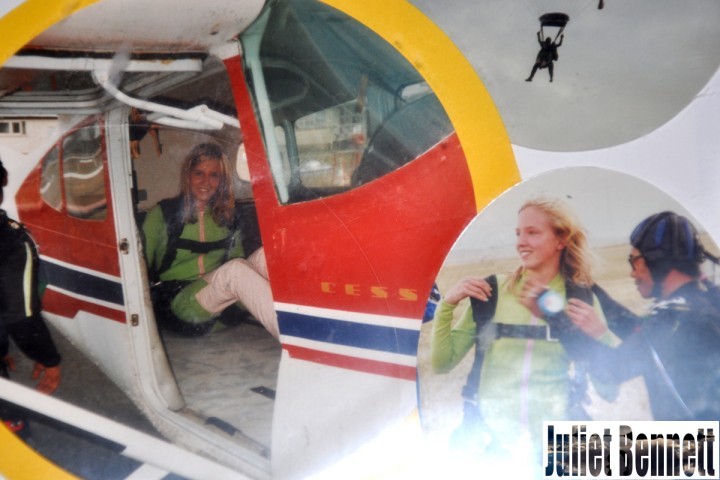



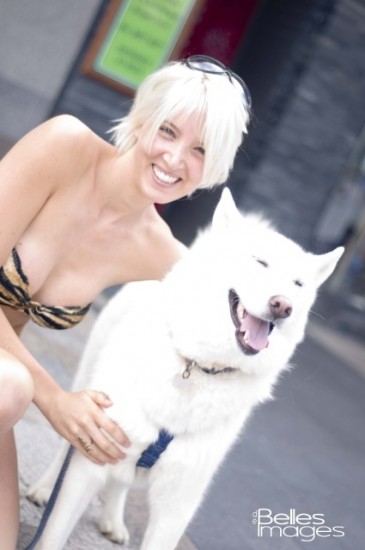
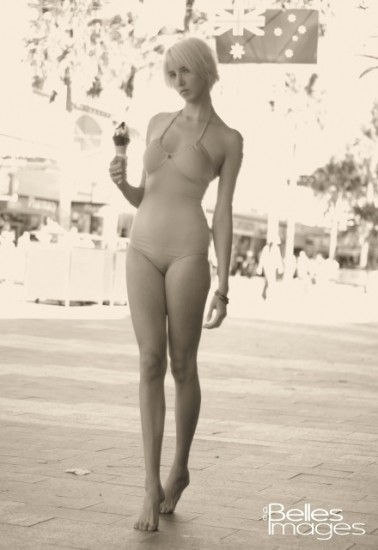
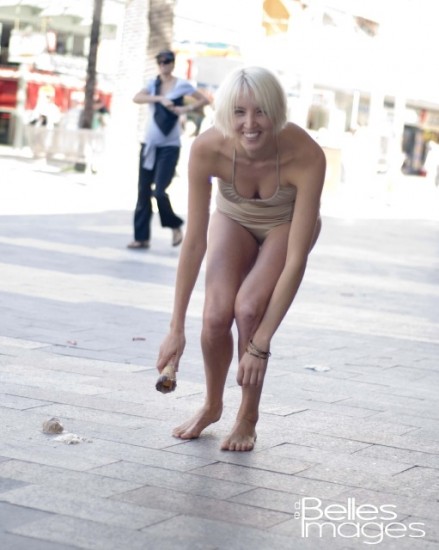
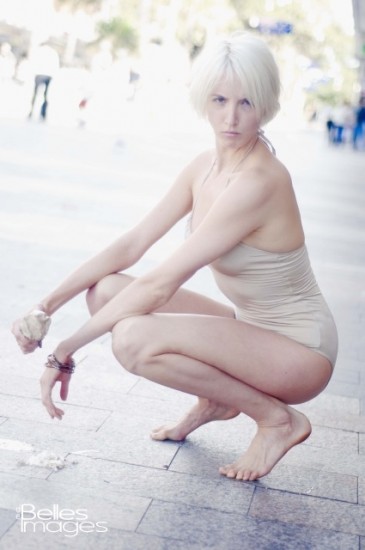
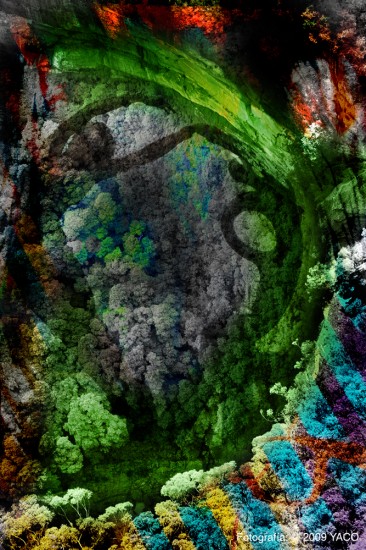
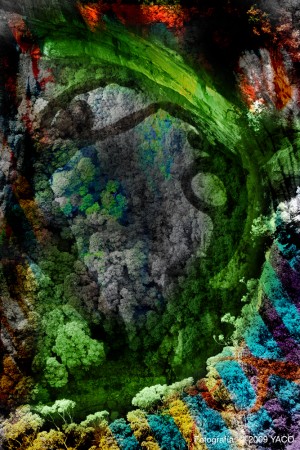 So I (finally) finished reading Shantaram!!! It is a very long book, but well worth the time.
So I (finally) finished reading Shantaram!!! It is a very long book, but well worth the time. Ok so I’m laying in the water enjoying an early morning swim at a nearby harbour-pool when all these thoughts stream into my mind. A sign that my mind has had enough vacation? I’m not sure.. Narratives of Peace is a topic I’m looking at doing a research project on in the second half of this year…
Ok so I’m laying in the water enjoying an early morning swim at a nearby harbour-pool when all these thoughts stream into my mind. A sign that my mind has had enough vacation? I’m not sure.. Narratives of Peace is a topic I’m looking at doing a research project on in the second half of this year…